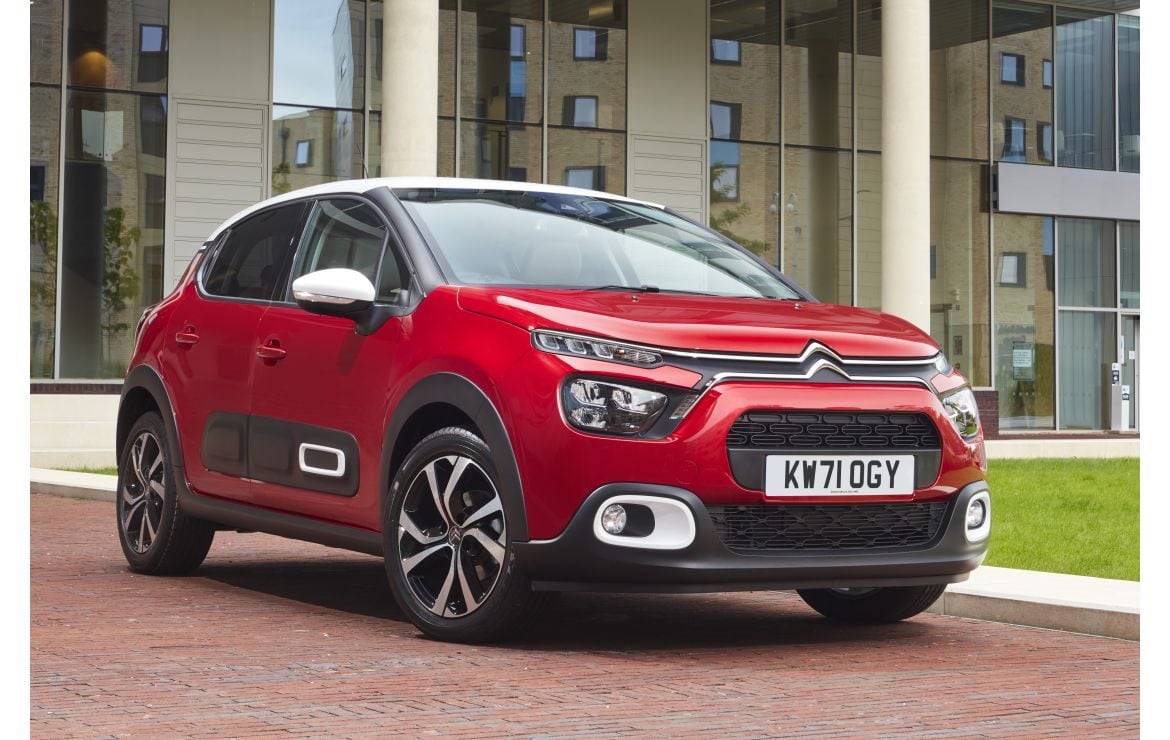Stellantis, the parent company of Citroën and DS, has ordered owners of certain Citroën C3 and DS3 models to stop driving their vehicles immediately due to potentially deadly airbag defects.
The urgent recall affects second-generation Citroën C3 models manufactured between 2009 and 2016, Citroën DS3 vehicles from 2009 to 2016, and DS Automobiles DS3 cars produced between 2016 and 2019.
The action follows a fatal incident in Reims, France, where a 37-year-old woman died after the Takata airbag in her 2014 Citroën C3 exploded during an accident, sending metal fragments into the cabin.
These Takata airbags contain ammonium nitrate, a chemical propellant that can degrade over time, especially in hot and humid conditions. When degraded, the airbag may deploy with excessive force, causing the inflator to rupture and spray metal fragments throughout the vehicle.
“Stellantis remains fully committed to acting swiftly, transparently, and responsibly in addressing this issue,” the company stated. Citroën’s CEO, Xavier Chardon, added: “Given the circumstances, we have decided to issue a ‘stop drive’ to accelerate their repair.”
Similar Posts
The French Transport Minister criticized Stellantis’s initial response as “unacceptable and scandalous,” noting the company “underestimated the risk” by first limiting driving bans to southern European regions.
What affected owners should do:
- Immediately stop driving the vehicle when safe to do so
- Check if your car is affected using the VIN check tool on Citroën UK’s website
- Register for a free repair as soon as possible
- Contact the Recall Helpline (0800 917 9285) or Citroën Customer Care (0800 093 9393) for assistance
- Keep contact details updated with the DVLA to ensure receipt of recall notifications

Stellantis has mobilized its network of suppliers, retailers, and manufacturing plants to support rapid repairs, which typically take less than half a day and are provided free of charge at authorized garages.
The Takata airbag scandal has affected millions of vehicles worldwide across numerous automotive brands, with at least 38 deaths globally linked to the defective components. The scale of the issue led to Takata’s bankruptcy in 2017 and continues to present significant challenges for automakers and vehicle owners alike.


















